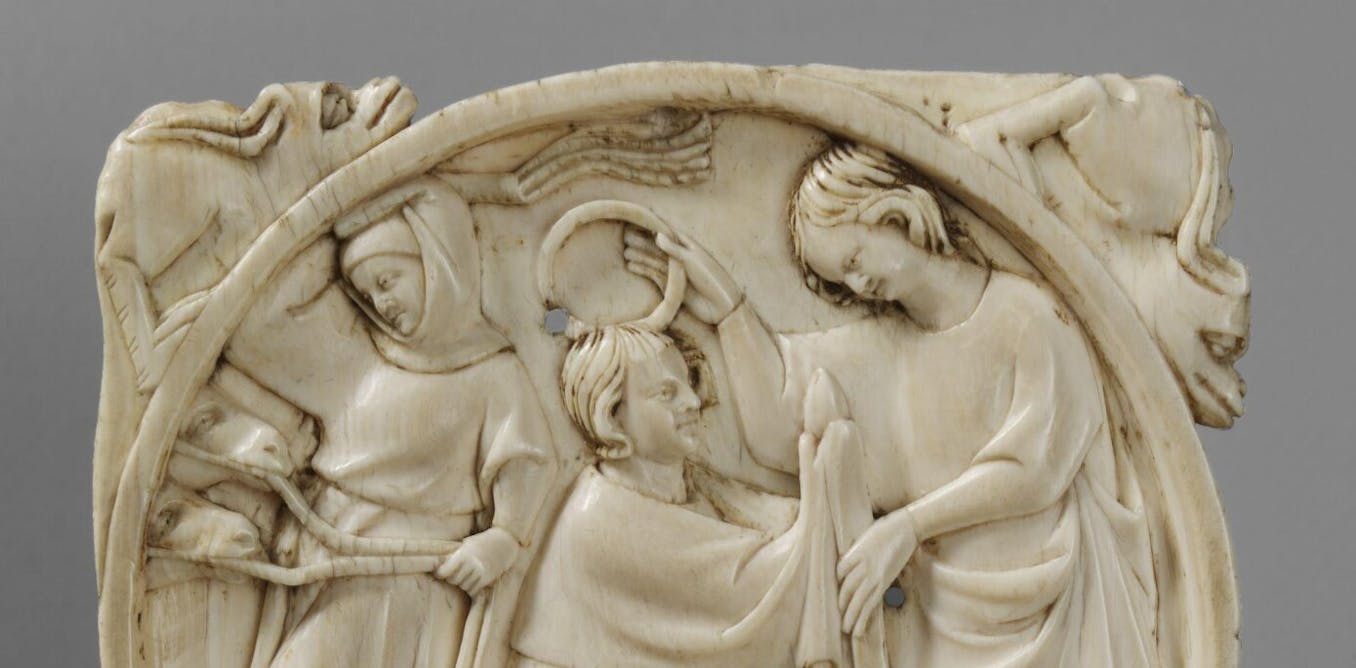From Chaucer to chocolates: how Valentine's Day gifts have changed over the centuries
For Valentine’s Day, some couples only roll their eyes at each other in mutual cynicism. The capitalisation of love in the modern world can certainly seem banal.
But Valentine’s Day gifts are hardly a contemporary invention. People have been celebrating the day and gifting love tokens for hundreds of years.
Continued here